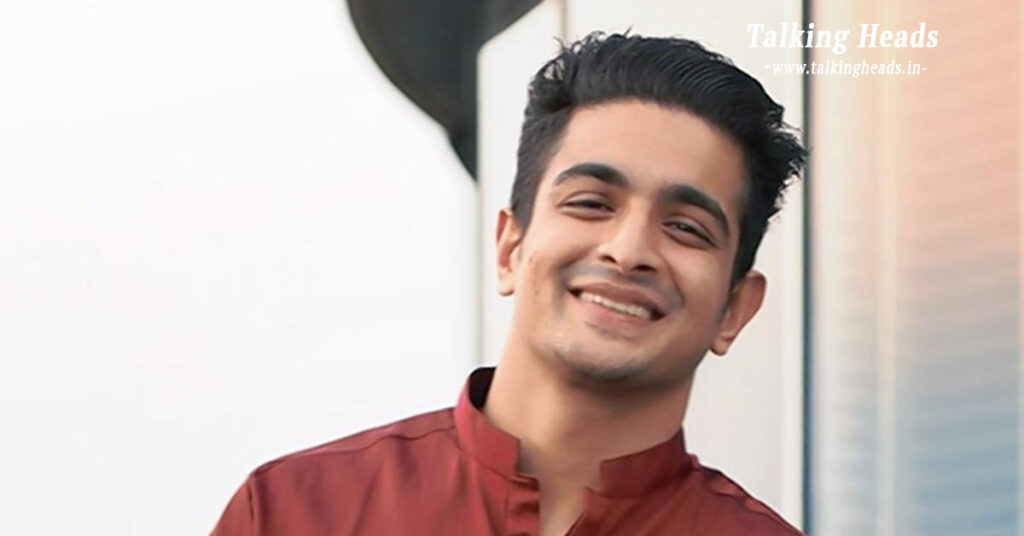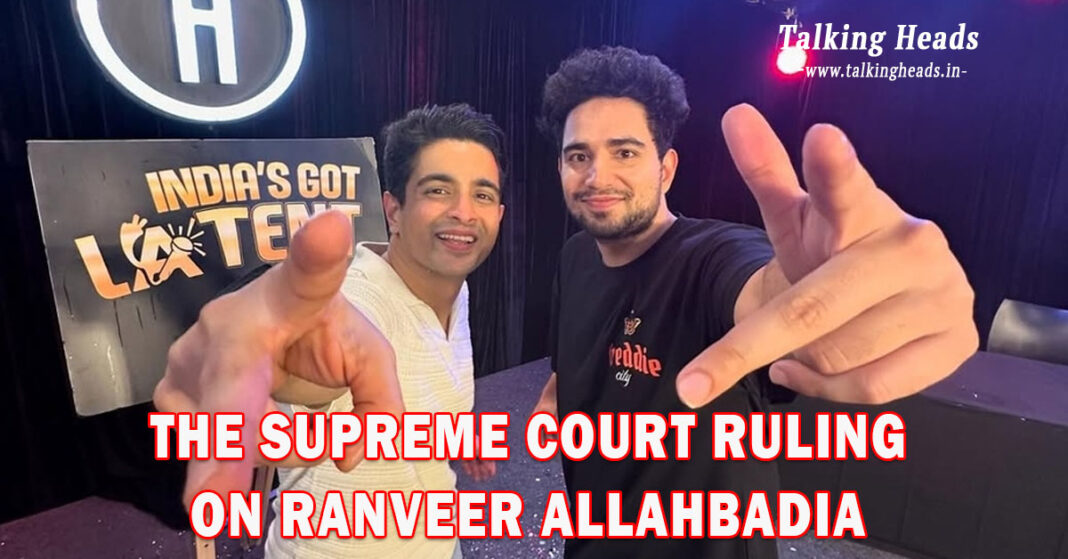The Supreme Court ruling on Ranveer Allahbadia’s obscene comments is a moment of reckoning for influencers and content creators. While Allahbadia, known for his YouTube channel BeerBiceps, did manage to avoid immediate arrest, the court’s harsh criticism of his comments should serve as a strong reminder of the power that comes with a public platform and the responsibility to use it wisely.
Allahbadia made his controversial remarks during an appearance on India’s Got Lalent, hosted by comedian Samay Raina. His comments about parents and women were so crass that they left many feeling embarrassed and ashamed. The Supreme Court rightly pointed out that such language is harmful not just to individuals, but to society as a whole, showing just how toxic unchecked speech can become when amplified by millions of viewers.
Table of Contents
Content Creators and Their Influence: A Responsibility
One of the key takeaways from this case is the growing responsibility that content creators like Allahbadia have. These influencers can reach millions with a single video, and with that influence comes a level of responsibility that can’t be ignored. Allahbadia, despite the intent behind his words, hurt a lot of people. The Supreme Court rightly emphasized that his remarks were disrespectful to parents, daughters, and women at large. Whether you’re joking or not, if your words make people feel humiliated, it’s time to rethink the kind of content you’re creating.
The comments Allahbadia made may have been intended as a part of the comedic act, but humour should never cross the line into disrespect. Humour has the potential to bring people together, challenge norms, and even create change—but only if it’s used responsibly. When humour becomes a tool to belittle others, especially those who can’t defend themselves, it’s no longer funny; it’s harmful.
The Need for Stronger Government Regulation
The court also raised an important point—why hasn’t the government stepped in yet to deal with such online behavior? The bench made it clear that if the government does not act, the court will take matters into its own hands. This reflects a larger issue that has been brewing for a while now: there’s a need for stronger rules and guidelines for online content.
The digital space is evolving rapidly, and there’s a clear gap in the legal system when it comes to managing online behaviour. Content creators and influencers are often left to self-regulate, and when that doesn’t happen, we see situations like this—where the lines between what’s acceptable and what isn’t get blurred. The government must step up to create clear guidelines that hold creators accountable without stifling creativity.
The Double-Edged Sword of Public Backlash
In his petition, Allahbadia claimed that he was receiving threats after his comments went viral. While threats are never acceptable, this also highlights the tricky dynamic that comes with being an online personality. Public backlash can sometimes spiral into harassment, and that’s an issue that needs to be addressed. However, it’s important to note that Allahbadia’s comments themselves contributed to the public outrage.
The Bigger Issue: Content Creation and Accountability

Allahbadia’s case isn’t an isolated incident. The rise of social media influencers has brought with it a flood of content that sometimes pushes the limits of good taste, decency, and respect for others. YouTube, Instagram, and other platforms are full of individuals who now have the power to influence millions, yet there are often no clear consequences for crossing the line. The freedom to create and share content is a great thing, but with freedom comes responsibility.
The truth is, if a person’s content causes harm or makes others uncomfortable, there should be consequences. The Supreme Court’s decision to intervene in this case shows that there is a clear need for accountability. Content creators must recognize the impact their words and actions can have, especially when they hold a large audience’s attention.
What Needs to Happen Next?
While the court’s intervention is significant, it’s only the beginning of a much-needed conversation about how to regulate online content. The government must move forward with creating stronger rules that address harmful behaviour without stifling freedom of speech. But it’s not just about laws—content creators must also take responsibility for the impact their words have. It’s time to rethink what’s considered acceptable and to recognize that what might seem like “just a joke” could be damaging to others.
For YouTubers and influencers, this case should serve as a wake-up call. It’s easy to get caught up in the allure of viral fame, but the reality is that the more eyes you have on you, the more responsibility you carry. In the end, the goal should be to create content that uplifts, educates, and entertains—not tears down or insults others.










